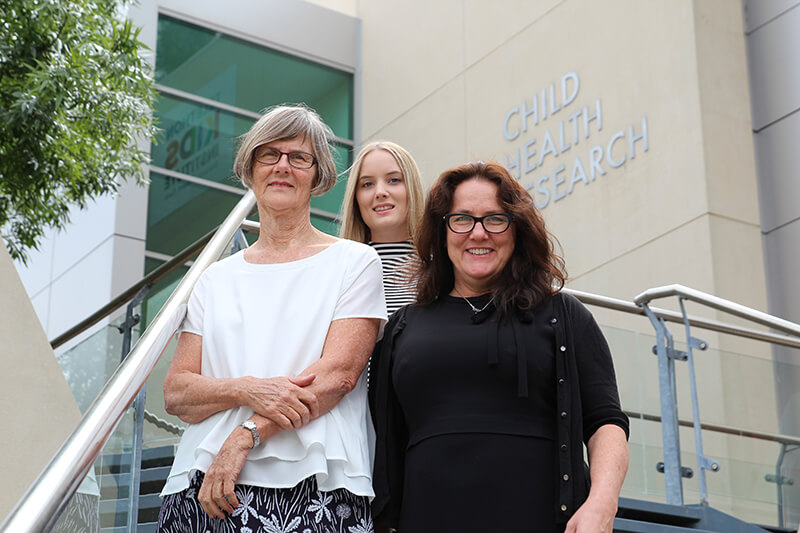Search
News & Events
No alcohol in pregnancy safest choiceChild health researchers are urging community support to help women avoid alcohol in pregnancy and if planning a pregnancy.
Research
Development of a Model of Care resource for FASD in the justice systemThis article describes the development of a Model of Care resource to support youth involved with the justice system where a neurodevelopmental disability such as Fetal Alcohol Spectrum Disorder is suspected. Service staff within the Youth Justice sector were engaged in an iterative process of resource development over a 9-month period.
Research
An exploratory study on the role of criminogenic risk factors and informant-rated everyday executive functioning in predicting the age of offending onset in young people with FASDFetal Alcohol Spectrum Disorder (FASD) is characterised by a range of neurodevelopmental deficits that may increase risks of justice system involvement. Improving our understanding of criminogenic risk factors and particularly the role of informant-rated executive functioning (EF) in predicting the age of offending onset in this clinical population may reduce recidivism and help inform targeted interventions.
Research
Development of a referral pathway framework for foetal alcohol spectrum disorder in the PilbaraThe process of referral pathway development provided a service mapping and gapping exercise to facilitate service integration
Research
Caudal dysgenesis and sirenomelia-single centre experience suggests common pathogenic basisAbnormally formed lower limbs with varying degrees of fusion are the major feature of sirenomelia whereas maldeveloped lower limbs without fusion are found in a
Research
Women's knowledge and attitudes regarding alcohol consumption in pregnancy: a national surveyAlcohol exposure in pregnancy is a common and modifiable risk factor for poor pregnancy and child outcomes.

News & Events
Nine out of ten young people in detention found to have severe neuro-disabilityNine out of ten incarcerated youth examined by The Kids researchers as part of a ground-breaking study had some form of neuro-disability.

News & Events
New national tool to help improve FASD diagnosisExpected to shine a light on hidden harm from alcohol use during pregnancy, Australia’s first national FASD diagnostic tool has been developed by the Institute.
Research
Association between prenatal alcohol exposure and craniofacial shape of children at 12 months of ageTo examine the association between dose, frequency, and timing of prenatal alcohol exposure and craniofacial phenotype in 12-month-old children.
Research
Fetal alcohol spectrum disorder and Aboriginal and Torres Strait Islander men: A discussion to be hadFetal alcohol spectrum disorder (FASD) is a lifelong disability of varying severity that occurs among individuals prenatally exposed to alcohol. Among Aboriginal and Torres Strait Islander (Indigenous) Australians, the effects of colonisation and ongoing racism could increase the risk of alcohol consumption during pregnancy.
